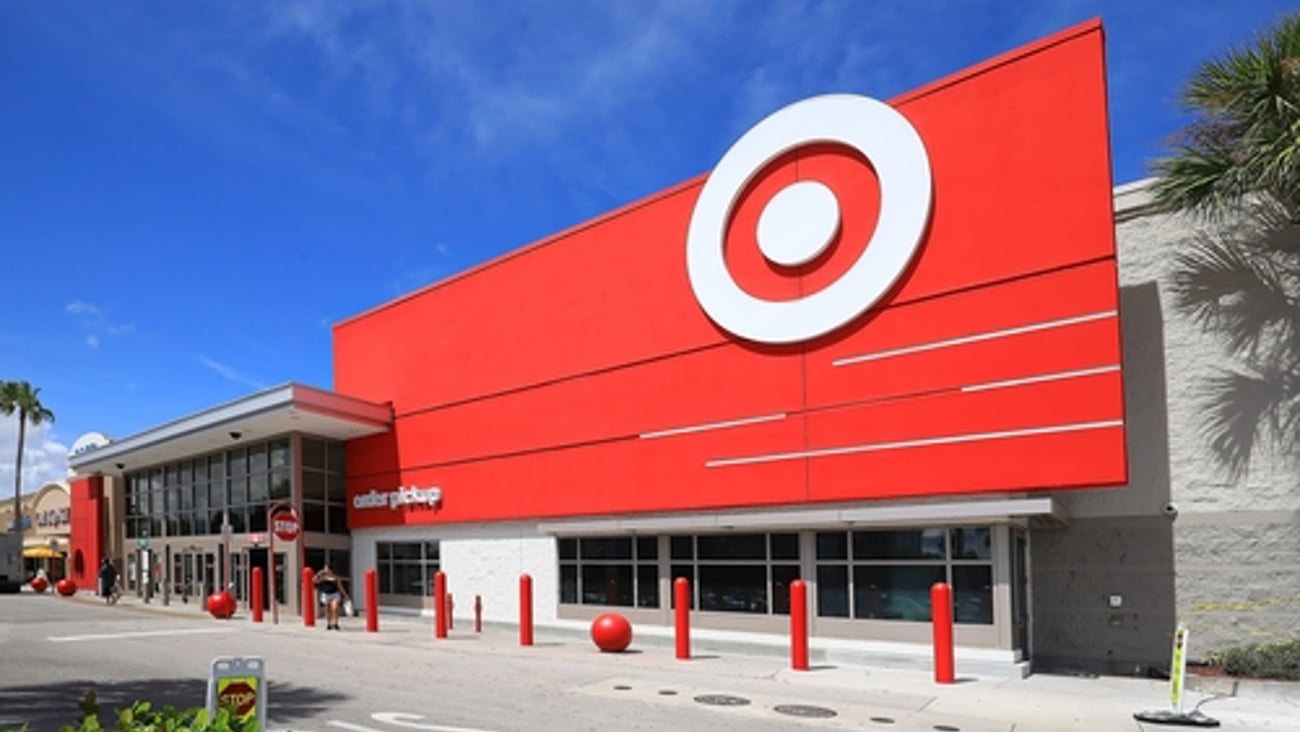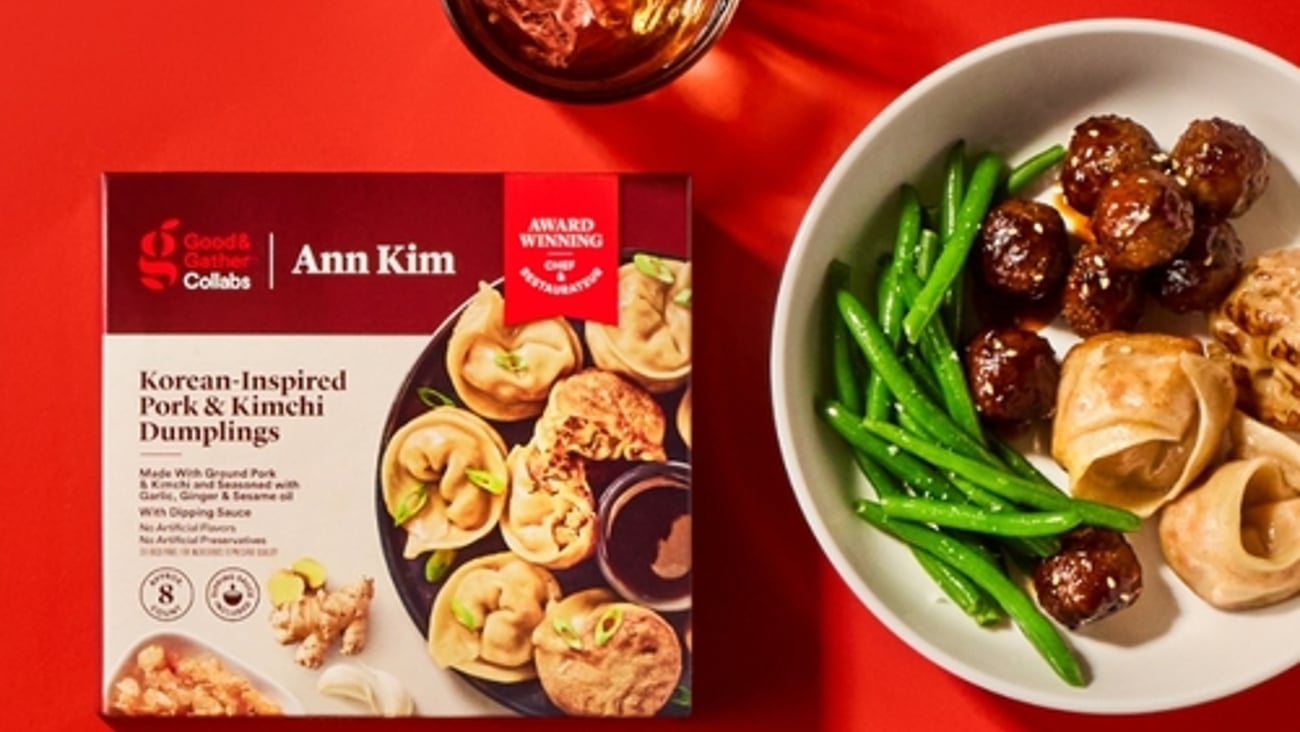Diversity equals opportunity for private brands
After listening to demographic trends expert Brad Edmondson speak at the Private Label Manufacturers Association’s 2019 Washington Conference recently, it occurred to me that there should be no shortage of jobs for future innovators in the private label industry for consumer packaged goods (CPGs). That said, some CPG categories as we have known them may not be as nearly opportunistic as they once were.
During his talk, Edmondson, the editor-in-chief of American Demographics magazine, provided insight into the 2020 Census, the first census to be taken (next April) in 10 years, and what he expects some of the results to be. One of two major trends currently shaping the U.S., he said, is the baby bust, which is having and will continue to have a dramatic impact on CPGs in the baby care category. In the U.S., births usually rise in a strong economy, but that hasn’t happened the past few years. Births, in fact, are down and are at the lowest rate in 32 years, and that trend could continue.
“Obviously, this changes the game if you sell baby food or diapers,” Edmondson said.
No doubt. In the past year I’ve noticed some retailers that have rolled out private branded baby care lines. Clearly, these retailers have done their homework, but they might want to keep a close eye on this category for the next few years and pick and choose the products to introduce. Perhaps more innovative premium private label products that offer value make more sense in the category at this time so private brands can differentiate. (As a fine example, Target recently introduced a new premium diaper under its Cloud Island brand that features a newly developed and trademarked Tri-Wrap fold, which has no middle crease and allows the diaper to cradle closely to a baby’s body for less sagging and a better fit.)
While fewer babies are being born, the baby boomers are getting older, which is the second major trend that Edmondson mentioned. He expects the census to show that the number of people aged 65 to 74 will have grown 56% over the last decade. While the industry has been prevalent with talk about catering more private branded products toward millennials because they are less devoted to national brands, retailers and manufacturers shouldn’t discount baby boomers. It’s been said that boomers might be more inclined to purchase brands because they grew up on them. That may be true, but the people in that generation have never seen the quality level of store brands that they’re seeing now. Boomers can be swayed.
Another statistic Edmondson expects the census to reveal is that only 13% of the new U.S. households in the next decade will have children. Empty nesters and single people will dominate. Looks like food retailers may have to expand their fresh sections even more, and with an emphasis on smaller portions and meal kits.
Edmondson presented other statistics that could affect private brand development. He said population diversity is “taking over the country” (immigration will account for nearly 50% of the population growth in the U.S. in 2020), and that the majority of children in the U.S. in 2020 under 18 will be non-white or Hispanic.
The population has never been more varied. But despite the challenge of change in demographics, it can all add up to more opportunities for private brands.






